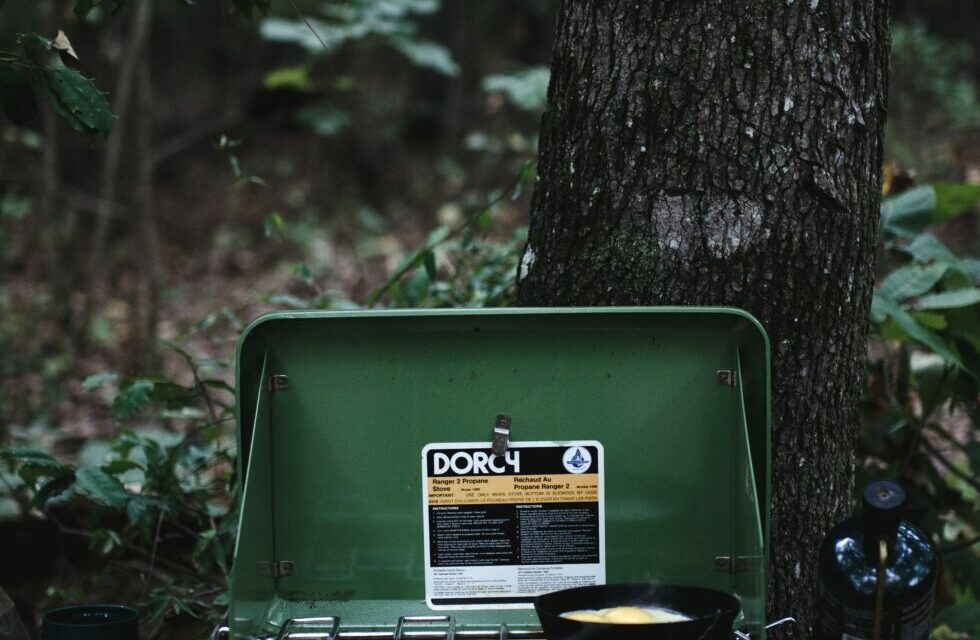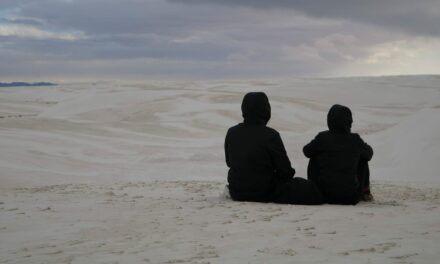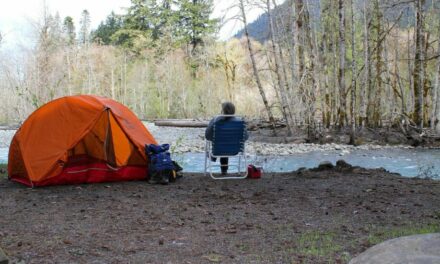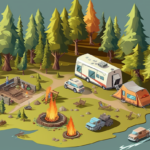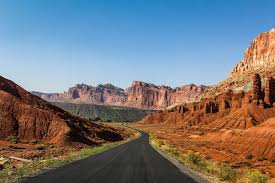When you’re camping with the family, you will definitely need a two-burner or even a three-burner camping stove. The little one-burner stoves are great for when you’re camping alone, but if you have a family to feed, it’s a lot faster and more economical to use a larger stove so that you can cook real meals.
There are lots of different styles and sizes of camping stoves that you can choose from but the most important thing to consider when you’re choosing a camping stove is what type of fuel the stove runs on. Experienced family campers agree that there are really only two decent choices when it comes to camping stoves that are appropriate for family camping: propane or white gas.
Propane Camping Stoves
Propane camping stoves are by far the most popular choice. This is due to several advantages that propane stoves have over other stoves. The first big advantage of using a propane stove is that with propane stoves there is no risk of fuel spilling. That is very important when you have small kids running around. Propane stoves operate on either small cans of propane that fit directly into the stove or through propane from a large tank through a hose fixed securely to the stove.
Propane stoves are easier to start than other types of camping stoves. Some propane stoves even have electric starters so that you don’t even have to light the stove. When you have kids running around having an electric starting stove can be a lot safer than using a stove that needs to be lit. Another advantage of propane is that it’s relatively inexpensive and it’s easy to find.
Families that haven’t been on too many family camping trips usually find that using a propane stove is the closest thing to their “normal” family routine and that can make the kids feel more secure while making it easier for the parents to adjust to the challenges of cooking outdoors instead of cooking in the kitchen at home.
Propane doesn’t give out as much heat as some of the other types of fuel, so that might be a disadvantage, but usually most people don’t consider that to be too much of a problem. Families that go camping a lot report that the advantages of using a propane stove far outweigh the few disadvantages of using a propane stove so when you’re choosing a camping stove you definitely need to consider a propane stove.
If you don’t want to use a propane stove then the next best option according to experienced family campers is a white gas stove.
White Gas Stoves
The biggest advantage of using white gas stoves campers say is that it leaves no fuel odor on your hands or clothes if you spill it, and there’s no odor or weird taste to your food. White gas stoves burn the hottest of any type of camping stove so if you want a stove capable of hitting very high temperatures than you might to choose a white gas stove.
If you’re considering buying a white gas stove, you should get a special type of white gas stove known as a duel-fuel stove. This stove can be run with white gas, or with a little unleaded gasoline, the same kind that you put in your car. The advantage of a duel fuel stove is that if you run out of white gas, you can use regular unleaded gas from the gas station to fuel your stove.
White gas stoves are extremely reliable and since the white gas is a clean fuel you rarely need to clean the stove or disassemble it the way you need to do with a propane stove. White gas stoves are also cost effective because they will last for years with very little maintenance.
The biggest disadvantage of using white gas stove is that the fuel needs to be physically poured from the bottle into the fuel tube of the stove, which can lead to spills. But since the fuel evaporates fast and doesn’t have an odor even if you spill some you won’t smell like gas.
The lack of odor can be a problem though, because if there is a fuel leak you, won’t smell anything and might not know. It’s not a big problem if the fuel leaks onto your clothes or into your tent because it will evaporate but if the fuel leaks into your food storage container, even if the fuel evaporates, your food could be ruined.
Another disadvantage of using a white gas stove is that the high heat makes it difficult to cook some items that need to be cooked over a low flame or simmered for a long time. You may not be able to cook with the same kind of finesse that you’re used to when you’re cooking with a white gas stove and you might need to adjust your recipes accordingly.
White gas stoves are usually lighter than propane stoves and thus are often the preference of wilderness hikers who are roughing it across long distances. For most campers though, unless you are planning on carrying the stove on a long hike with you or if you are backpacking and you are carrying all your gear with you, then the weight of the stove usually isn’t that large of a consideration when choosing a type of stove.
Ultimately no matter type of stove you choose to take with you on your family camping trip, the first consideration should always be safety. They are potentially quite dangerous. You should always be careful when you are using a camping stove around children.


